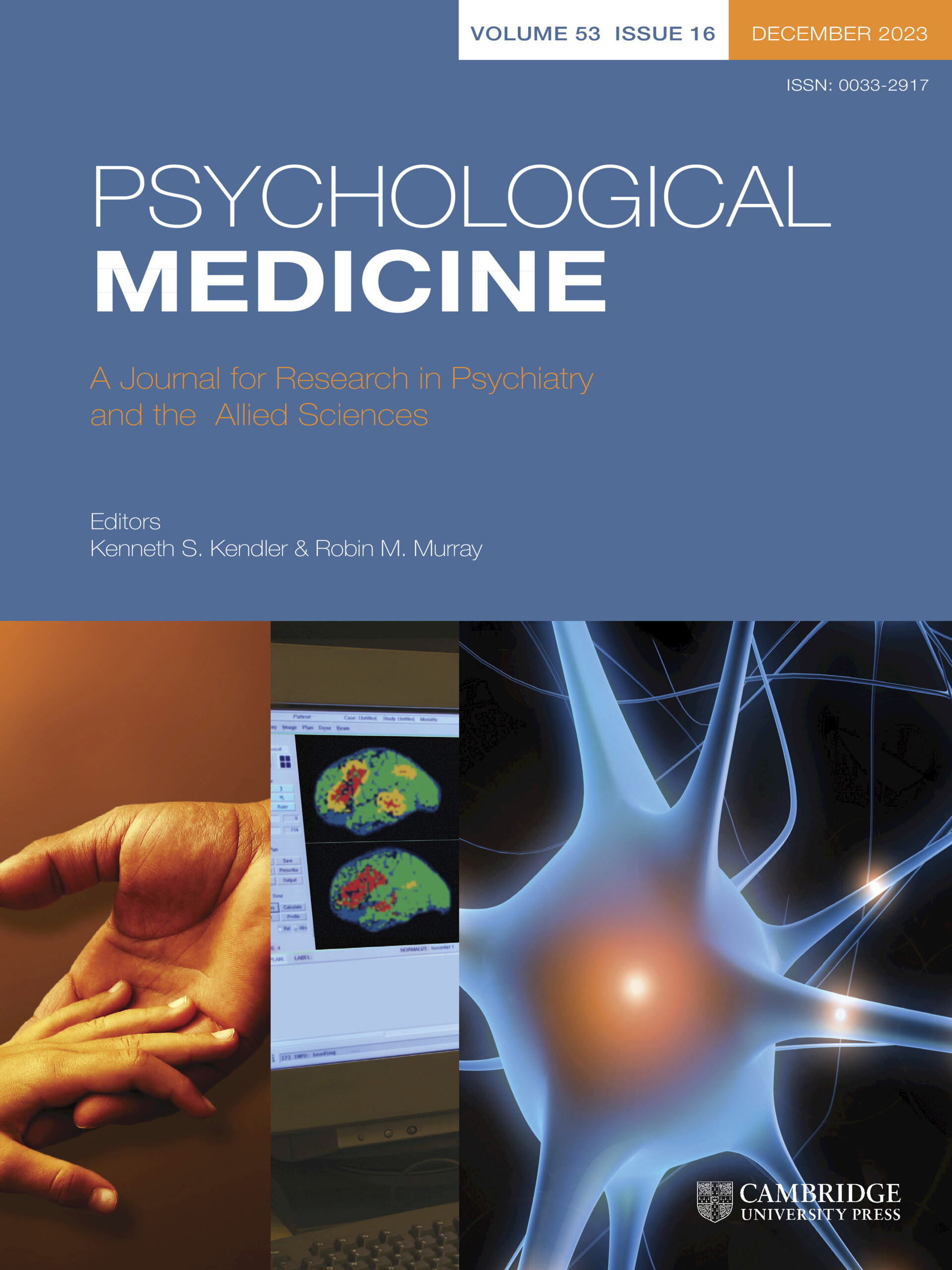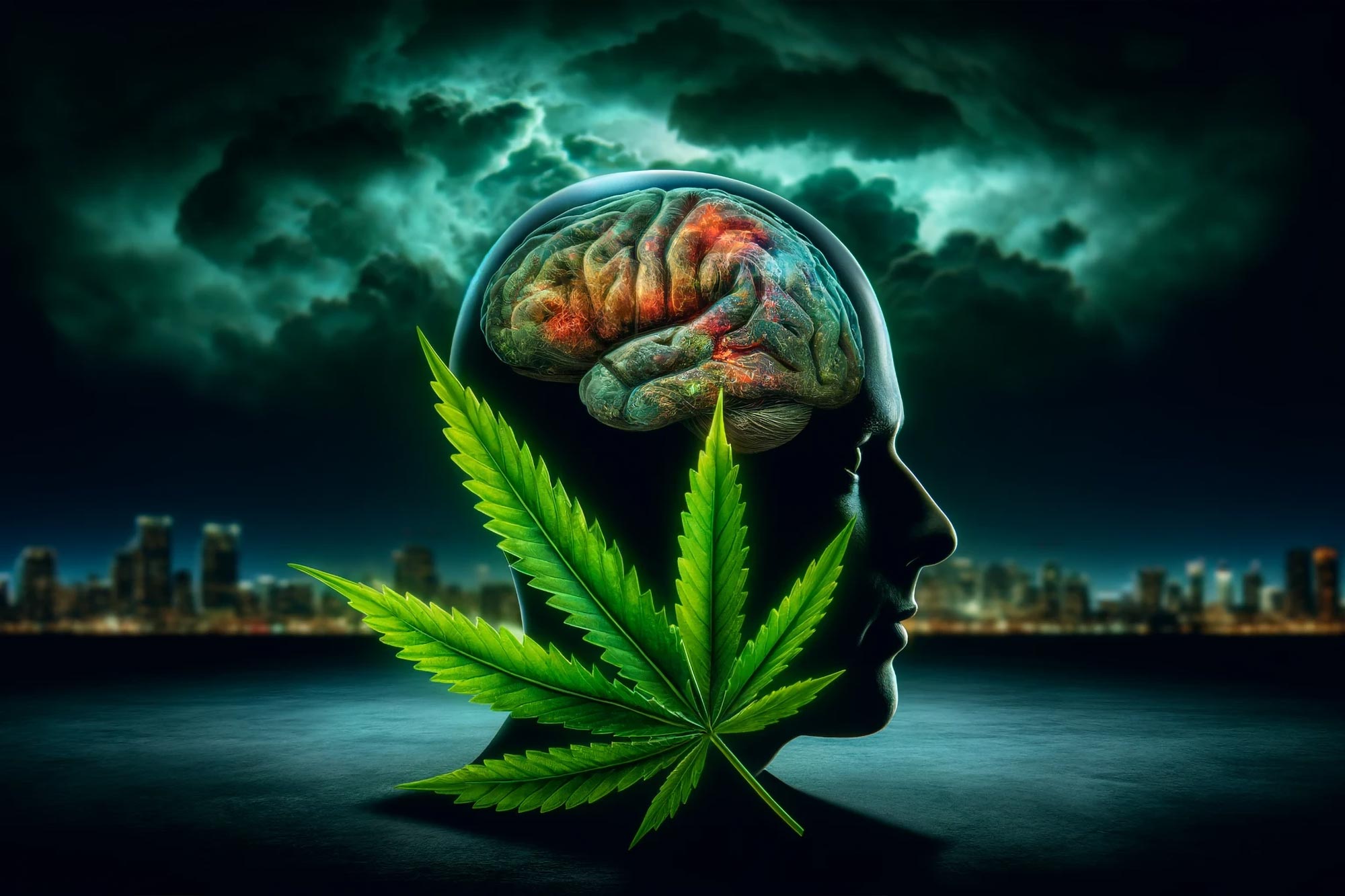A new study, published this Wednesday in Psychological Medicine, estimates that patients who use the drug run an 11 times greater risk of developing a psychotic disorder compared to teenagers who don't use it.
Psychosis is the loss of contact with reality, resulting in symptoms of a psychotic break, such as mental confusion, hallucinations or delusions and difficulty understanding what is real and what is imaginary.
The association between cannabis and psychotic disorders may be much stronger than that found in previous studies, which were largely based on older data - when the drug was less potent than it is today.

According to SciTechDaily, the researchers linked recent data from 11,000 young people in Ontario to health utilization records (hospitalizations, emergency room visits and outpatient visits).

The team reveals an age-dependent association between self-reported cannabis use and subsequent diagnosis of psychotic disorder, adding to a growing body of research into the mental health risks associated with cannabis.
"We found a fairly strong association between cannabis use and the risk of psychotic disorder in adolescence. Surprisingly, we found no evidence of an association in young adults," says the study's lead author, André McDonald.
Of the patients who visited health services because of a psychotic disorder, around 5 out of 6 had previously reported using cannabis.
"The vast majority of adolescents who use cannabis will not develop a psychotic disorder, but according to these data, the majority of adolescents who are diagnosed with a psychotic disorder probably have a history of cannabis use," concludes McDonald.
Despite these limitations, the results raise concerns about early cannabis use, especially in the wake of legalization.





